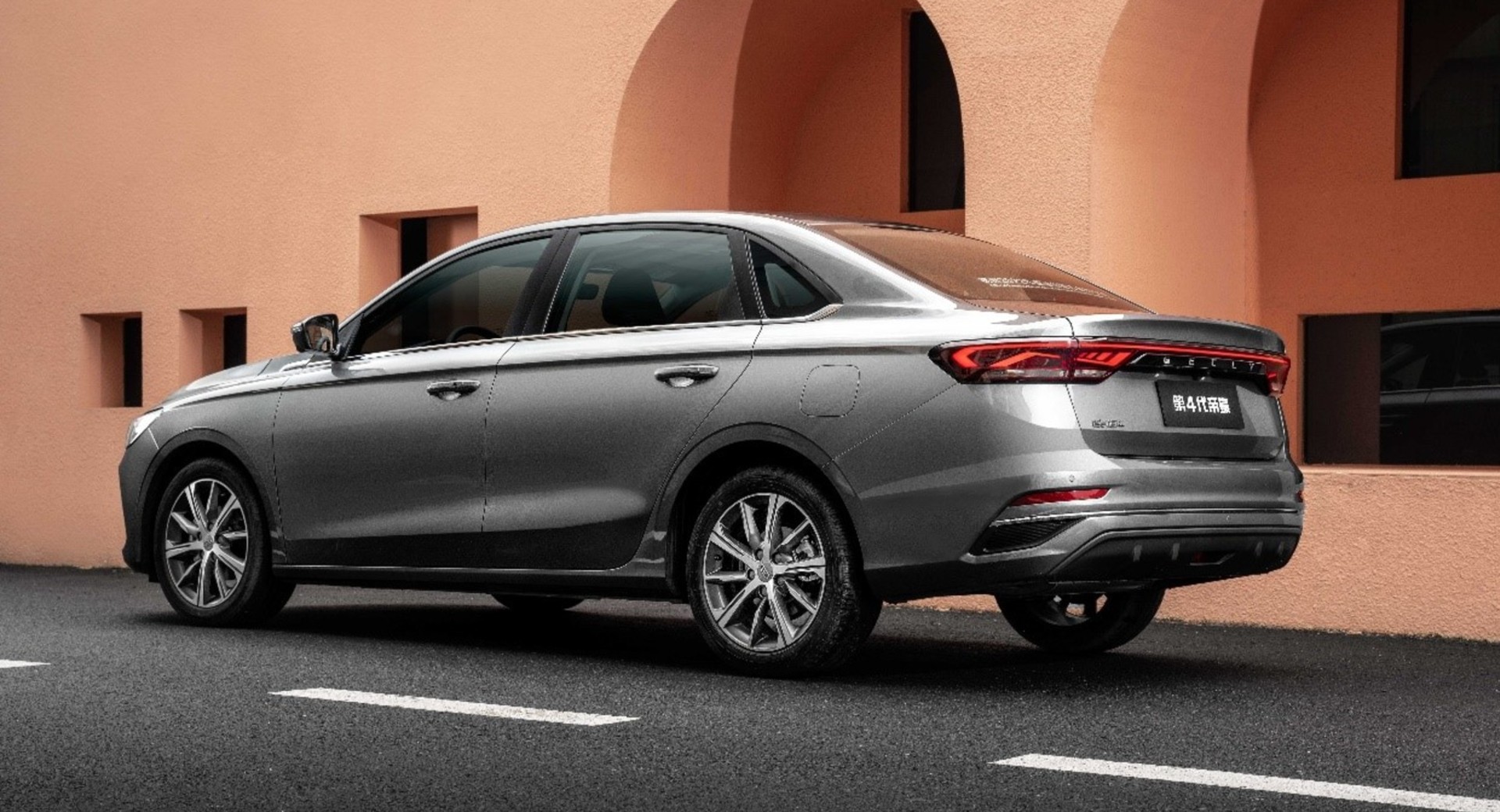It almost feels wrong to proclaim oneself as a petrolhead these days, as the tide of EVs has well and truly turned. But if you were convinced that mainstream manufacturers were destined to mothball the much-loved internal combustion engine, then Renault’s latest deal will make you think again.
The French automaker has teamed up with Chinese counterparts Geely to sign a 50-50 partnership to form a new company focused on the development, production, and supply of hybrids and “highly efficient” internal combustion engines. And, according to Renault’s Chief Financial Officer, Thierry Pieton, the company doesn’t foresee a world where gas and hybrid vehicles represent less than 40 percent of the market in 2040.
Before we get carried away, this doesn’t mean that Renault will be reversing its plan to go EV-only in Europe by 2030, and policymakers show no signs of reversing their timelines either. Nor will Geely shift their focus. It will instead give both companies the headroom to focus on electrification while the new partnership continues to serve markets where electric infrastructure is underdeveloped.
Read: Mitsubishi Still Undecided On Investing In Renault’s EV Unit
Analysts have also pointed out the business case for plumping for ICEs, reports CNBC. Margins are still thin for electric vehicles, while ICE options continue to generate profits. Although the gap between the two is expected to narrow in the future, continuing to serve customers who appreciate the benefits of fossil-fuel vehicles can only be good news for shareholders.
The new joint venture will consist of 17 powertrain facilities and five research and development centers. It’s also good news for the workforce, with around 19,000 employees in over 130 countries.
There are, though, still some questions about the new deal, and unsurprisingly they lie with where the Alliance stands. With Mitsubishi seemingly cast off as an also ran for the foreseeable future, the agreement between Renault and Geely appears to concern those at Nissan.
Like Renault, Nissan too believes that internal combustion engines have a future, reports Reuters. However, Nissan’s desire to protect its own technology may have complicated the deal, with Renault failing to mention where its alliance partner fits in.






